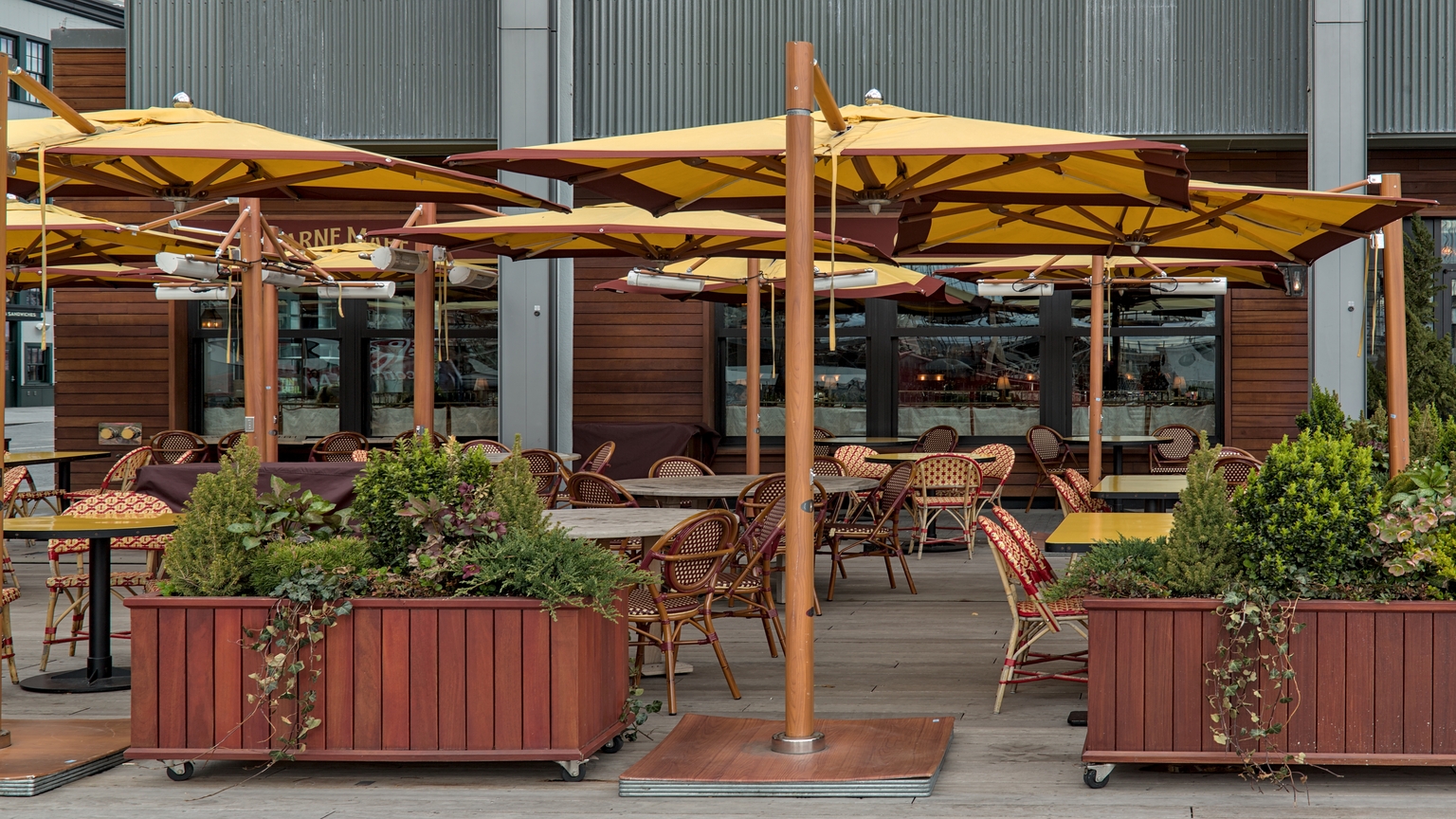Growing a restaurant business demands strategic planning and careful execution. To achieve success, each decision should align with the overarching vision of the business. Here are practical strategies for effectively scaling your restaurant business.
Understand Your Market
Before considering expansion, it’s essential to understand your current market thoroughly. Analyze customer preferences and behaviors to identify what is working and what needs improvement. This understanding will guide your scaling efforts and ensure they are targeted and effective.
Build a Strong Brand Identity
A robust brand identity differentiates your restaurant from competitors. Ensure consistency across all platforms with unique logos, themes, and messages that reflect the restaurant’s personality. A strong brand creates a lasting impression and builds customer loyalty.
Optimize Your Menu
A well-curated menu attracts more customers and boosts profitability. Focus on bestsellers and high-margin items, and consider seasonal menus and limited-time offers to keep the menu exciting and fresh.
Invest in Quality Staff
Quality staff are the backbone of any restaurant. Invest in hiring and training employees who align with your vision. A well-motivated team enhances customer experience, leading to positive reviews and repeat business.
Leverage Technology
Incorporating technology can streamline operations and improve efficiency. Modern POS systems, online ordering platforms, and inventory management software reduce errors and save time, allowing your team to focus on delivering excellent service.
Enhance Customer Experience
Exceptional customer service is a crucial differentiator. Create a welcoming atmosphere and ensure your staff are attentive and responsive. Collect feedback regularly and make necessary improvements to enhance the overall experience.
Utilize Social Media Marketing
Social media is a powerful tool for engaging with customers. Use platforms like Instagram, Facebook, and Twitter to share appealing photos, behind-the-scenes content, and customer testimonials. Building a strong online community can drive traffic and build loyalty.
Implement a Loyalty Program
Loyalty programs encourage repeat business. Offer rewards for frequent visits or referrals, which not only retain existing customers but also attract new ones.
Expand Delivery Services
Expanding delivery services broadens your reach. Partner with popular delivery platforms or develop your own system. Ensure that food quality is maintained during delivery to keep customers satisfied.
Consider Franchising
Franchising is a viable option for rapid expansion with lower capital investment. Ensure that franchisees adhere to your brand standards to maintain quality and consistency across all locations.
Diversify Revenue Streams
Diversifying can reduce reliance on a single revenue stream. Explore options like catering services, merchandise, or hosting events. These additional offerings can boost overall profitability.
Monitor Financial Performance
Regularly reviewing financial performance is essential. Track expenses, revenue, and profit margins to identify trends and discrepancies early. Informed decisions can be made based on this data, ensuring financial health.
Focus on Customer Retention
Retaining customers is as important as acquiring new ones. Provide exceptional service and create memorable experiences to encourage repeat visits.
Choose the Right Location
Selecting the right location is vital for success. Analyze demographics and competition in the area to ensure high foot traffic and visibility.
Maintain Consistent Quality
Consistency in food quality and service is key. Regularly train staff and conduct quality checks to ensure standards are met, building trust and loyalty among customers.
Utilize Data Analytics
Data analytics offer insights into customer behavior and preferences. Use this data to refine your menu, marketing strategies, and operations. Data-driven decisions are often more effective.
Form Strategic Partnerships
Strategic partnerships can boost your business. Collaborate with local businesses, suppliers, or influencers to increase visibility and attract new customers.
Plan for Scalability
Ensure that your infrastructure can handle growth. Plan for scalable systems and processes to avoid operational issues during expansion.
Stay Adaptable
The restaurant industry is ever-changing. Stay adaptable to evolving trends and customer preferences. Regularly review and adjust your strategies to remain relevant and competitive.
Measure Success
Establish metrics to measure success. Track customer satisfaction, employee performance, and financial health. Regular assessments help stay on track and achieve goals.
Conclusion
Scaling a restaurant business effectively requires a combination of strategic planning, quality service, and smart use of technology. Understanding your market, optimizing operations, and maintaining a strong brand identity are crucial steps. These efforts pave the way for sustainable growth and long-term success.
Implementing these strategies can help your restaurant reach its full potential and thrive in a competitive market. Every step you take today builds the foundation for tomorrow’s success.
Contact us for more!


